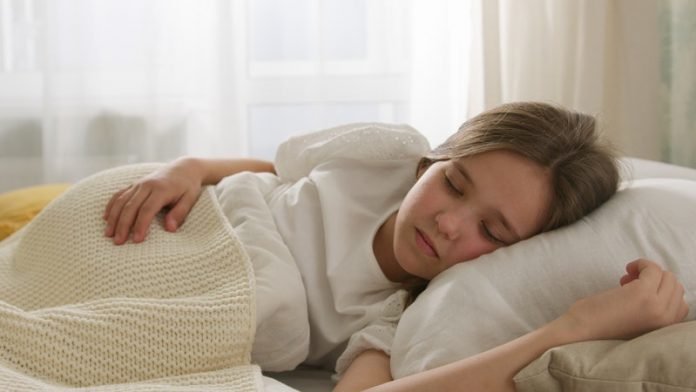
Close the blinds, draw the curtains and turn off all the lights before bed.
In a new study from Northwestern Medicine, researchers found exposure to even moderate ambient lighting during nighttime sleep, compared to sleeping in a dimly lit room, harms your heart function during sleep and increases your insulin resistance the following morning,
This may increase risks for heart disease, diabetes and metabolic syndrome
There is already evidence that light exposure during daytime increases heart rate via activation of the sympathetic nervous system, which kicks your heart into high gear and heightens alertness to meet the challenges of the day.
There are sympathetic and parasympathetic nervous systems to regulate our physiology during the day and night.
Sympathetic takes charge during the day and parasympathetic is supposed to at night, when it conveys restoration to the entire body.
In the study, the team found insulin resistance occurred the morning after people slept in a lightroom. Insulin resistance is when cells in your muscles, fat and liver don’t respond well to insulin and can’t use glucose from your blood for energy.
To make up for it, your pancreas makes more insulin. Over time, your blood sugar goes up.
The team says the participants in the study weren’t aware of the biological changes in their bodies at night. But the brain senses it.
Exposure to artificial light at night during sleep is common, either from indoor light-emitting devices or from sources outside the home, particularly in large urban areas.
A significant proportion of individuals (up to 40%) sleep with a bedside lamp on or with a light on in the bedroom and/or keep the television on.
The team says in addition to sleep, nutrition and exercise, light exposure during the daytime is an important factor for health, but during the night we show that even modest intensity of light can impair measures of heart and endocrine health.
Top tips for reducing light during sleep
(1) Don’t turn lights on. If you need to have a light on (which older adults may want for safety), make it a dim light that is closer to the floor.
(2) Color is important. Amber or a red/orange light is less stimulating for the brain. Don’t use white or blue light and keep it far away from the sleeping person.
(3) Blackout shades or eye masks are good if you can’t control the outdoor light. Move your bed so the outdoor light isn’t shining on your face.
If you care about sleep and your health, please read studies about short sleep at night may signal heart disease and findings of therapy that may treat sleep loss better than pills, and results showing how to sleep well when you are getting old.
The study is published in PNAS and was conducted by Dr. Phyllis Zee et al.
Copyright © 2022 Knowridge Science Report. All rights reserved.



